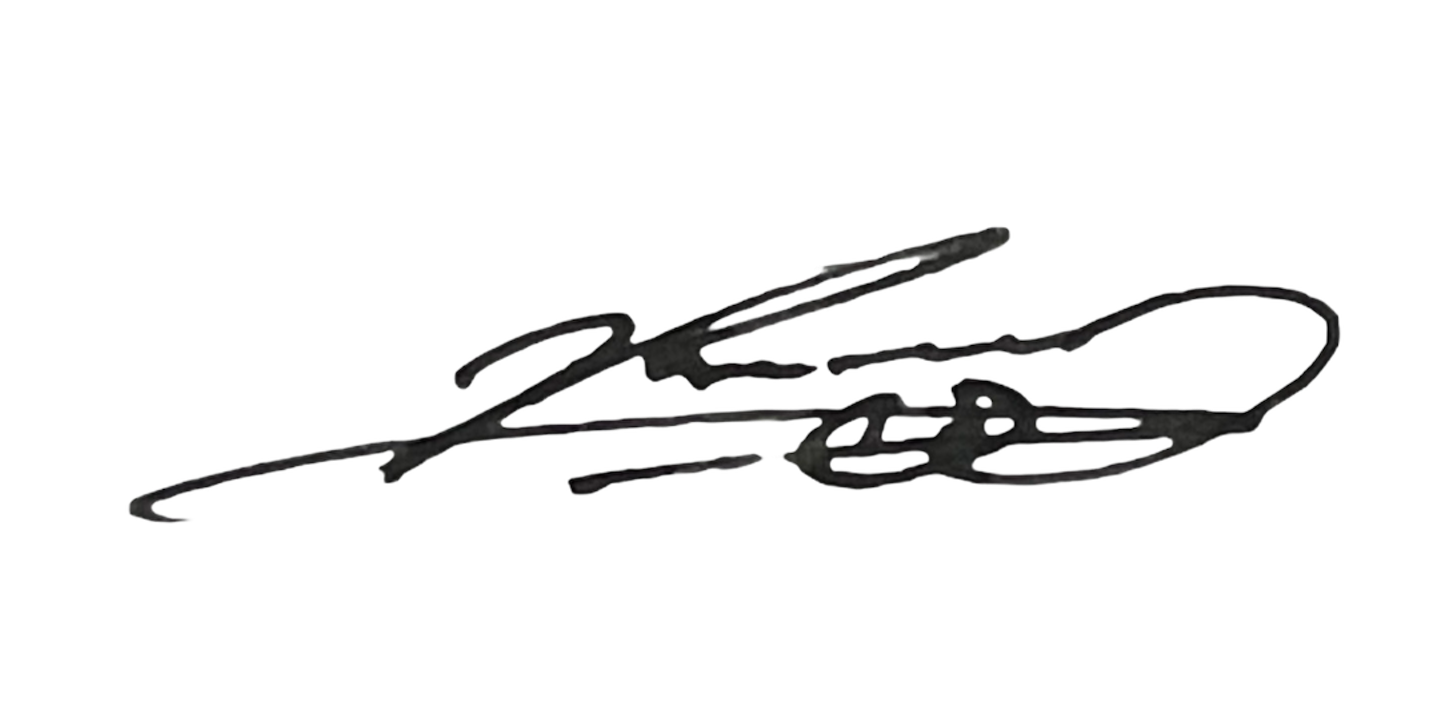
People often ponder why they struggle with task commitment, rebelling against actions they recognize as beneficial. Yet, they need to scrutinize their approach to achieving desired outcomes.
During our upbringing, when we engage in “misbehavior” or defy “authority,” what follows? Corrective measures. As we mature, circumstances change, yet the yardstick remains unaltered. Missing a deadline receives an official warning. Exceed speed limits, incur a ticket. In our surroundings, we confront a barrage of negative reinforcements masked as disciplinary actions. Regrettably, we subject ourselves to this pattern of negative reinforcement.
A better path lies in adopting positive reinforcement and rewarding mechanisms. Celebrating achievements of essential tasks promises endurance and steadfastness.
The same concept applies to our number one employee (your physical body is the employee of your mind); rewards must be given to keep this employee motivated to keep improving. You can only punish someone so many times until they revolt and hate the punishment.
Positive reinforcement is the engine that drives consistency and advancement, as has been repeatedly demonstrated…
The task is easy; instead, the method we use to complete it frequently fails. Finding out how and what drives us forward will make a difference if we can do that.
Your every action must be earned. Positive behaviors will come naturally to you if you create a system of self-rewarding outcomes for them because you want to be rewarded. The question now is what aspects of life I will view as rewards and what aspects as duties to achieve those rewards. Since everyone has different objectives, I cannot advise because it is a personal problem.
This method is reliable, and I devised it by learning how well animals are trained to follow instructions. For example, do you want to read each day? Make using your phone a prize for finishing the first three chapters. Would you like to take your girl out to supper on Saturday? Set a goal to unlock dinner that week by listening to at least ten podcasts. If you fall short of your goal, you’ll keep working until it is achieved.
We don’t discipline ourselves; instead, we choose high-stimulating actions to reward ourselves rather than mindlessly indulging in everything.
People will mistakenly believe that you are developing self-discipline when, in fact, you are simply rewarding yourself for achieving your goals. Since humans naturally tend to avoid things we dislike, we do not suffer any adverse outcomes from achieving our aims. If you do something you dislike and get a good reward, you’ll gradually come to enjoy it since you’ll know why you did it in the first place.
Decide your daily, weekly, and monthly short-term goals today and the rewards associated with each success. You now have the drive to keep going until your objective is attained.
